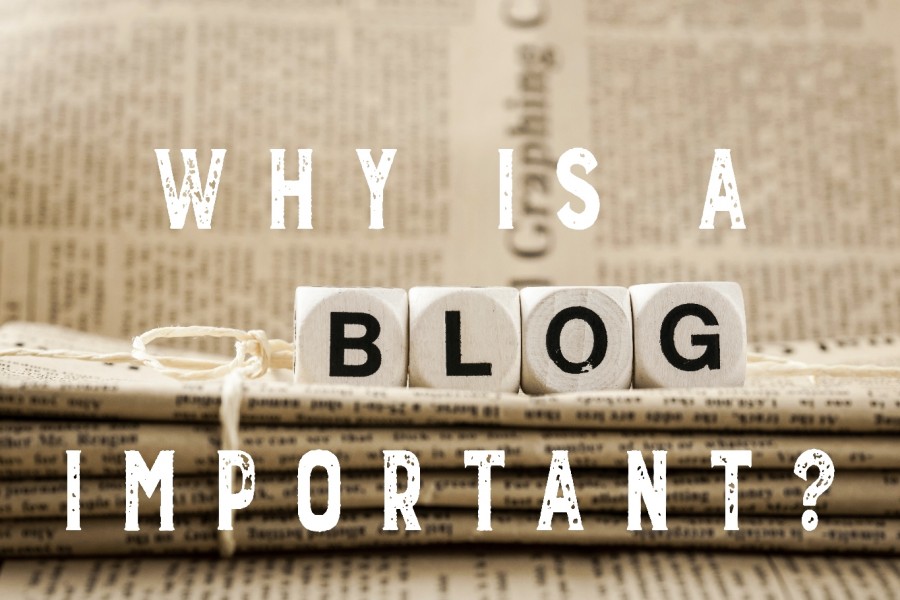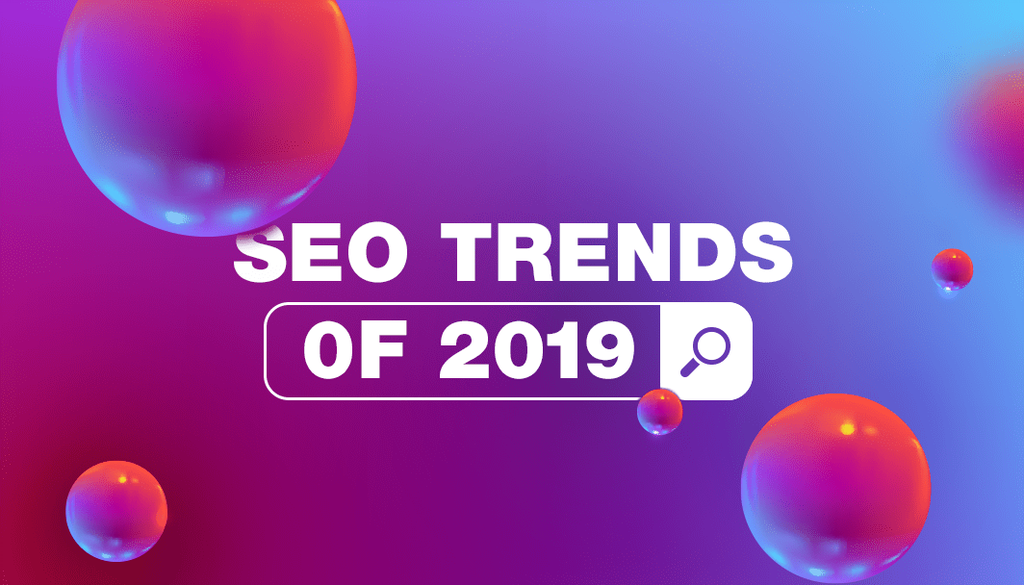
Search intent is basically the reason behind the search query. Why did the person do this search? Is the intention to learn something? Is he searching to make a buy?
Significance of Search Intent for SEO
The purpose of the search also referred to as the keyword’s intent is the ultimate goal of the search engine user. Using the Google RankBrain and Hummingbird algorithms, the search engine can understand the search objective and display the results, often through detailed results such as the Knowledge Panel and Answer Box. Because people search, process and use the search results in a different way based on their final goal, understanding and improving the search goal is very important for SEO.
Types of Search Intent
Search intent is of four types. Let’s have a look at these types one by one:
-
Informational
Many online searches come from people looking for information. It may be weather information, information about children’s education, information about referrals. In this case, people have a specific question or want to know more about a particular subject.
The search engine looks for information. This could be an answer to a simple question such as “Who is the Prime Minister of the United States?” Or something that requires a longer and deeper response such as “How does the blockchain technology work?” However, not all searches for information are formulated as questions.
-
Navigational
The second type of search intent is called navigation intent. People with this intention try to access a specific website. People looking for Facebook usually go to Facebook. The search engine searches for a particular website. It’s probably faster and easier for Google than typing the full URL in the address bar. They may also not be sure of the exact URL.
-
Transactional
The third type of search intent is a transactional intent. Many people buy things online and browse the internet to find the best buy. People who intend to buy are looking for a trading intention. The search engine is looking to make a purchase. They are in purchase mode. Most likely, they know what they are willing to buy. They are looking for a place to buy it.
-
Commercial investigation
Some people intend to buy in the near future, but they use the Web to investigate. Which SEO plugin is the most useful? These people also have trading intentions, but they need more time and conviction. These types of searches are usually called commercial search intents. There is a search engine on the market for a particular product or service, but you still have to make a final decision on the right solution. Most likely, they will look for comments and comparisons.
How to Optimize the Content for Search Intent?
You want to make sure your landing page matches the search goal of your audience. If people are looking for information, you do not want to show them a product page. If people want to buy your product, they will not support it with long materials. Bring them to your store. Optimization of your product pages to get more business keywords is a good idea.
It is likely that you can optimize your current pages and configure them to match the corresponding search intent. Use Google Analytics and Google Search Console to evaluate your current content and remember to combine your search goal with the keyword search when creating new content.
Conclusion
It’s important to make sure that the content you type matches the terms that users and your audience are looking for. Make sure your publication or page is informative if people are looking for information. However, direct users to their sales pages if they are likely to buy any of your products. For instance, if people are searching for the term Anaheim SEO, then support this page with the proper product or service info. Give the searchers what they need!


























Find Us on Social Media
A MarTech - Marketing and Technology Blog